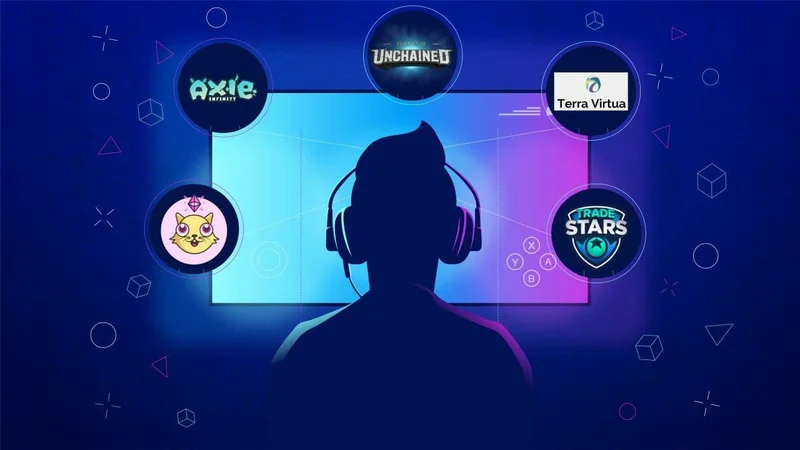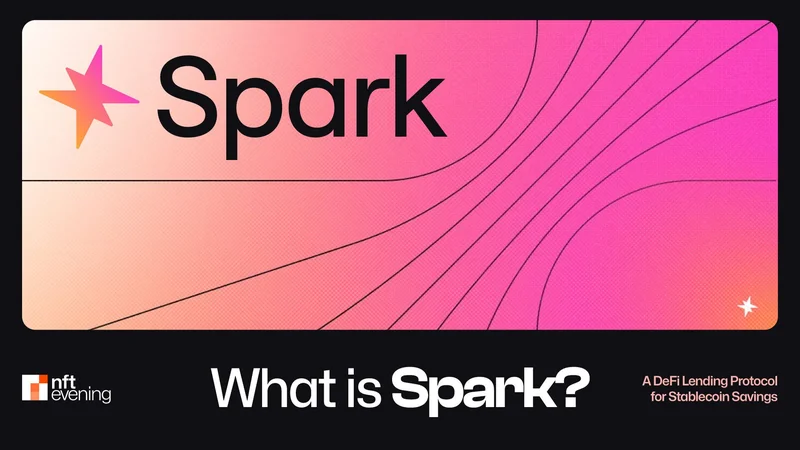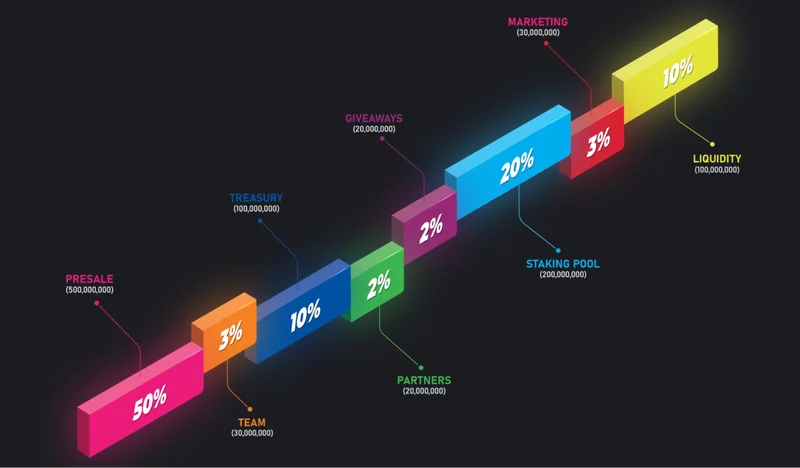NFT games (Non-Fungible Token games) represent an emerging field where blockchain technology intersects with the gaming industry. They leverage the unique attributes of NFTs to provide players with a novel gaming experience and economic model. This article aims to help women new to blockchain understand the basic concepts, features, and potential investment value of NFT games.
What is an NFT?
Before diving into NFT games, it's essential to understand what NFTs are. NFTs (Non-Fungible Tokens) are digital assets based on blockchain technology, characterized by their uniqueness and non-interchangeability. Unlike traditional cryptocurrencies (like Bitcoin), each NFT is unique and represents specific assets, such as artwork, music, or in-game items.
Examples:
- Art: A digital painting can be minted as an NFT, with only one owner.
- In-game Items: In a game, a unique weapon or skin can be minted as an NFT, allowing players to buy and sell freely.
Basic Concept of NFT Games
NFT games are those that integrate NFTs into their gaming ecosystems. Players can engage in the gaming experience and economic value by buying, selling, or trading in-game NFT assets. These games are typically based on blockchain, ensuring the authenticity and ownership of all assets.
Examples:
- Axie Infinity: Players can collect, breed, and battle "Axies" (creatures existing as NFTs). Each Axie is unique, and players can trade them in the marketplace.
- Decentraland: A virtual world where players can purchase land, buildings, and other assets, with ownership recorded via NFTs.

Features of NFT Games
- Uniqueness and Scarcity:
Each asset in an NFT game is unique and has a degree of scarcity, increasing players' appreciation for the assets. - Player Control:
Players have complete control over their assets, allowing for trading, selling, or transferring NFTs, breaking the traditional model where "virtual items belong to developers." - Economic Systems:
Many NFT games feature their own economic systems, allowing players to earn rewards through tasks, battles, or content creation, providing an additional income stream.
How NFT Games Operate
NFT games primarily function based on blockchain technology and smart contracts.
- Asset Creation: Game developers create NFTs via smart contracts representing specific assets, such as characters, items, or land.
- Marketplace Trading: Players can buy and sell these NFTs in built-in markets or third-party NFT trading platforms.
- Game Mechanics: Players earn in-game rewards through tasks and battles, often in the form of NFTs.
- Asset Management: All transactions and asset transfers are recorded on the blockchain, ensuring transparency and security.
Ensuring a Healthy Economic System in NFT Games
- Dynamic Balancing Mechanisms: Some games design dynamic systems that adjust NFT scarcity and rewards based on market supply and demand to stabilize the in-game economy.
- Player Participation: Encouraging player involvement in game development and community governance enhances transparency in economic decisions.
- Liquidity Pools: Establishing liquidity pools allows players to buy and sell NFTs quickly, reducing price volatility.
- Regular Updates and Expansions: Continuously introducing new content and updates attracts new players and maintains engagement.
Potential Issues with Secret Warehouses
In NFT games, potential risks exist, including the possibility of developers creating secret warehouses.
- Market Manipulation: Developers might hold a significant amount of NFTs to manipulate market prices for profit.
- Hidden Funding Sources: Developers could use secret warehouses to fund their projects, increasing investment risks for players.
- Lack of Transparency: A lack of transparency can make it difficult for players to assess the true value and risks of a project.
Therefore, players should thoroughly research the background and transparency of projects before participating in NFT games, opting for reputable development teams and platforms.
Risks of NFT Games
- Market Volatility: The value of NFTs can be significantly affected by changes in market demand, leading to price fluctuations.
- Project Failures: Some NFT game projects may fail due to mismanagement or technical issues, resulting in player investment losses.
- Security Issues: Due to the complexities of blockchain technology, hacking, fraud, and other security issues can occur, putting players' assets at risk.
Differences from Cryptocurrencies
While both NFTs and cryptocurrencies are blockchain-based assets, there are key differences:
- Fungibility: Cryptocurrencies (like Bitcoin) are fungible, with each unit being identical; NFTs, on the other hand, are unique and non-interchangeable.
- Usage: Cryptocurrencies are primarily used for transactions and store of value, while NFTs represent specific assets, such as artworks or in-game items.
Preparation for Participating in NFT Games
- Digital Wallet: A digital wallet that supports NFTs (like MetaMask) is needed to store and manage NFTs.
- Purchase Cryptocurrency: Most NFT games require cryptocurrency (like Ethereum) for purchases, so prepare the necessary funds in advance.
- Understand Game Rules: Deeply understand the game's mechanics and rules before participating to avoid unnecessary losses.
Where NFT Games are Typically Released
- Gaming Platforms: Some specialized NFT gaming platforms (like Immutable X, Enjin) release new games.
- Social Media and Communities: Game developers often promote new games through social media (like Twitter, Discord) to attract players.
- Blockchain Markets: NFT trading markets (like OpenSea, Rarible) also list NFTs related to games.
Notable NFT Game Failures
- Project Abandonment: Some NFT game projects fail due to mismanagement or developer abandonment, leading to player losses.
- Hacking Incidents: Several game projects have experienced hacking attacks, resulting in theft of players' NFTs and funds.
- Price Crashes: In some games, the value of initially high-priced NFT assets plummeted due to decreased market demand, causing significant losses for many players.
Popular NFT Games in the Past
- Axie Infinity: Focused on collection and battles, players can earn rewards by raising and trading Axies, making it one of the most representative NFT games.
- CryptoKitties: Players collect, breed, and trade virtual cats, becoming popular for its entertaining aspects.
- Gods Unchained: A card-based game where players can earn by trading cards, emphasizing the true ownership of game assets.
Reasons NFT Games May Fail
- Economic Model Collapse: Many games rely on funds from new players to operate; when player numbers drop, the economic model can collapse.
- Market Saturation: With the growing number of NFT games, competition intensifies, making it hard for many games to attract and retain players.
- Technical Issues: Some games face technical implementation problems, leading to poor gameplay experiences or security vulnerabilities, affecting player trust.
- Regulatory Risks: With increasing regulatory scrutiny on NFTs and cryptocurrencies, some games may face legal risks that could lead to project termination.
Considerations for Engaging with NFT Games
- Research Projects: Thoroughly investigate the game's background, development team, and community feedback to ensure reliability.
- Risk Management: Only invest amounts you can afford to lose, avoiding putting all your funds into a single project.
- Security Measures: Use strong passwords and enable two-factor authentication to protect your digital wallet from hacking attempts.
- Stay Informed: Monitor trends in the NFT and gaming markets to adjust strategies as needed.
- Avoid FOMO (Fear of Missing Out): Don’t blindly follow market hype; assess the actual value of projects rationally.
Conclusion
NFT games have revolutionized the traditional gaming industry, allowing players to enjoy gaming fun while creating economic value through digital assets. As women new to blockchain, understanding the basic concepts, features, and potential risks of NFT games is essential for entering this exciting space.
FAQ
Q: What are the common revenue models for NFT games?
A: The revenue models for NFT games include in-game purchases (selling NFTs), transaction fees (on trading markets), advertising partnerships, and tokens earned through game activities, which can be traded on secondary markets.
Q: What are some previously popular NFT games?
A: Some once-popular NFT games include Axie Infinity, CryptoKitties, and Decentraland. These games attracted a large number of players and achieved significant success in the market.
Q: How can one choose a reliable NFT game?
A: To choose a reliable NFT game, one can look at the background of the project team, community feedback, the game's transparency, and whether it has a solid economic model. Participants should also pay attention to the game's updates and development progress.
Q: How is the market competition for NFT games?
A: The competition in the NFT game market is very intense, with new projects constantly emerging, leading many early games to face the risk of user attrition. Therefore, developers need to innovate continuously to attract and retain players.
Q: Are NFT games suitable for long-term investment?
A: The investment risk in NFT games is relatively high. While some assets may appreciate, the market is highly volatile, and many projects may not sustain themselves. Therefore, investors should carefully assess risks and consider diversifying their investments.
Related Articles

What is SparkLend? A Beginner-to-Advanced Guide to Decentralized Lending Made Easy
SparkLend is a decentralized, non-custodial liquidity market protocol built on the Ethereum blockchain. Simply put, it functions like a bank without intermediaries, allowing users to borrow and lend d
June 26, 2025
What is sUSDS? How Do I Acquire sUSDS?
This guide will walk you through Sky Savings’ sUSDS and sUSDC—your gateway to earning yield with stablecoins while keeping your funds secure.Sky Savings: Your Journey to Stablecoin Yields Begins HereW
June 26, 2025
What is SparkLend? A Complete Guide from Beginner to Pro
SparkLend is a decentralized, non-custodial liquidity market protocol that allows users to participate as lenders or borrowers. Lenders provide liquidity to earn passive income, while borrowers can ta
June 24, 2025
What Exactly Does Spark Protocol Do? A Complete Guide
This guide will walk you through Spark Protocol — an innovative platform designed to tackle the long-standing issue of fragmented liquidity in the DeFi space. You'll learn how to earn yield, borrow as
June 24, 2025
RXS Token Trading Guide: From Presale to Uniswap – A Complete Walkthrough
This guide will walk you through the trading process of the RXS Token, from the restrictions during the presale phase to free trading on Uniswap, helping you trade securely and efficiently.1. Introduc
June 24, 2025
